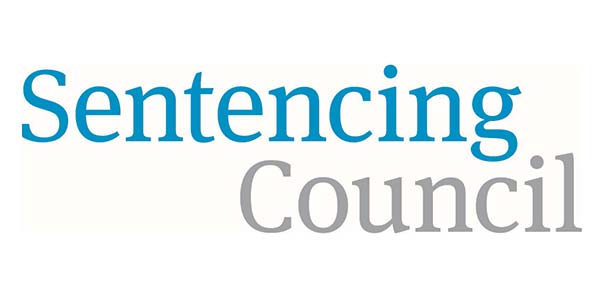Sentencing Guidelines for offences under the Modern Slavery Act 2015 have been published by the Sentencing Council.
The new guidelines are scheduled to come into effect on 1st October 2021 and will apply to adult offenders. They also cover the following offences:
- Section 1 – Slavery, servitude and forced or compulsory labour
- Section 2 – Human trafficking
- Section 4 – Committing offence with intent to commit offence under Section 2
- Section 30 – Breach of a slavery and trafficking prevention order or a slavery and trafficking risk order
The guidelines list non-statutory aggravating factors that are core to the experiences faced by many modern slavery and human trafficking victims. Particularly of importance is the recognition of forced criminality. The aggravating factors are reproduced below:
- Offending took place over a long period of time (in the context of these offences, this is likely to mean months or years) where not taken into account at step 1
- Steps taken to prevent the victim reporting the offence or obtaining assistance
- Deliberate targeting of victim who is particularly vulnerable (due to age or other reason)
- Victim’s passport or identity documents removed
- Gratuitous degradation of victim
- Large-scale, sophisticated and/or commercial operation (where not taken into account at step 1)
- Abuse of trust/responsibility
- Substantial measures taken to restrain the victim
- Victim forced to commit criminal offences (whether or not he/she would be able to raise a defence if charged with those offences), where not taken into account at step 1.
Despite the new sentencing guidelines for modern slavery offences, the government continues to fail in assigning penalties for failures of companies to comply with section 54 of the Modern Slavery Act 2015.
You can find the Sentencing Council announcement here and the full text of the Modern Slavery Act 2015 here.


